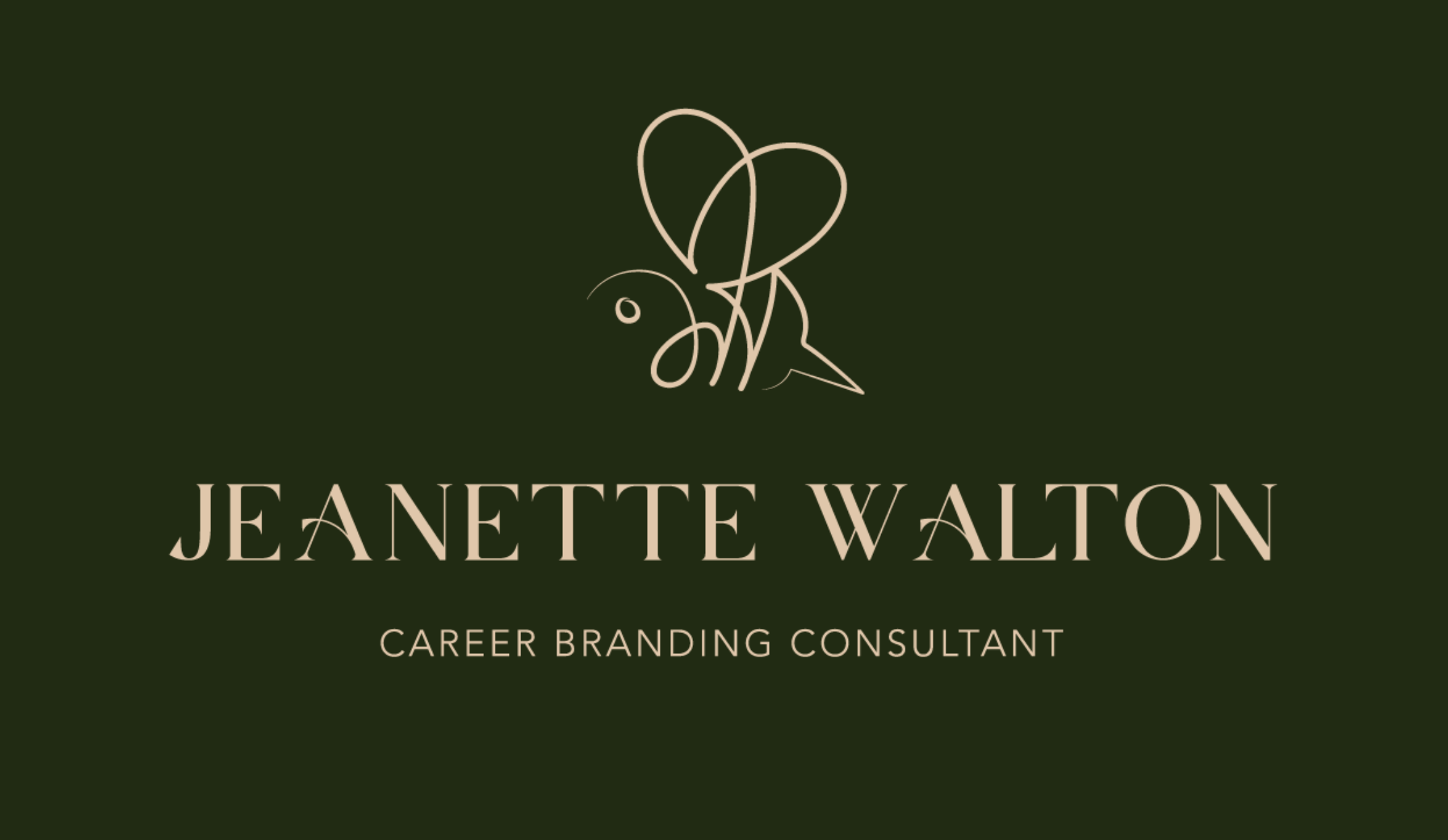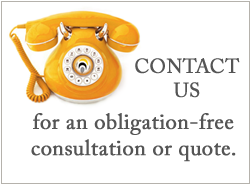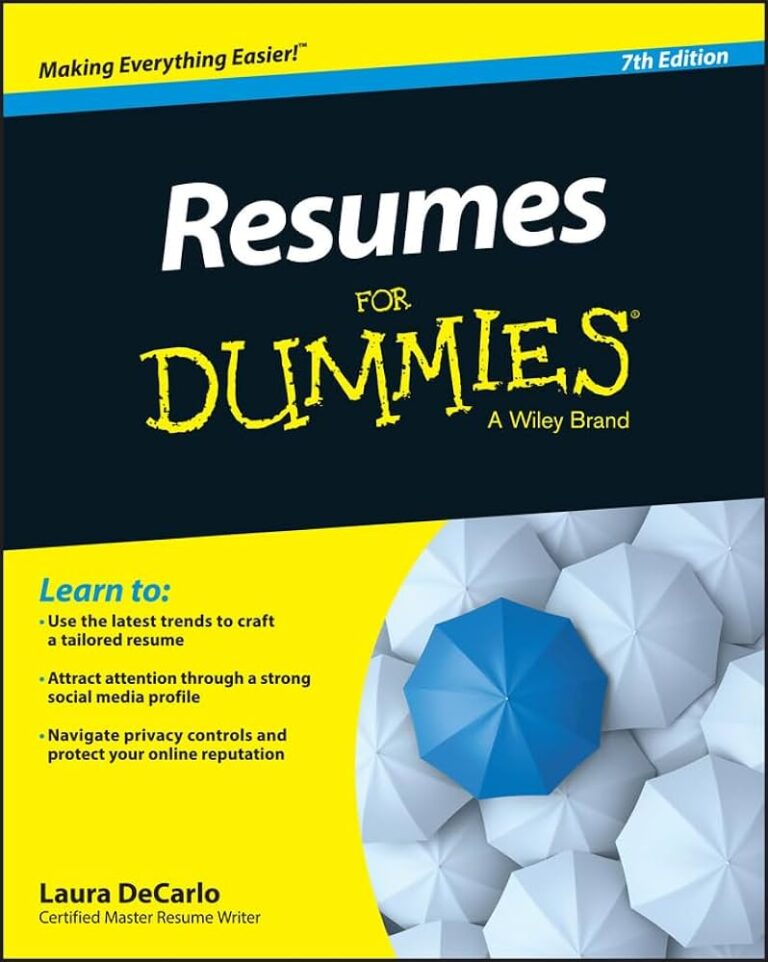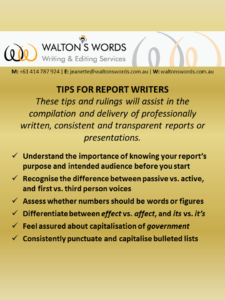Whether seeking a job opportunity, aiming to reposition your professional brand, or wanting to keep your resume current, the recruitment of a professional resume writer to develop new or updated career documentation should be a well-considered, collaborative process. No-one knows your career history (and ambitions) better than you, so be prepared to delve further into the various aspects of what makes you tick and what you have achieved to date.
The professional resume writer will be aiming to highlight and individualise your core professional strengths and offerings, and adequately tailor the content based on your career ambitions. So it will likely be beneficial to consider the following at the onset, or as part of, the career documentation proces
- Clarify your preferred career direction
A one-size-fits-all resume, cover letter, etc. is no longer viable for most applications – job customisation across your career documentation is essential if you want to stand out (and pass through any recruitment applicant tracking systems – ATS). With this in mind, the establishment of a relatively clear career direction is going to optimise the career documentation process. In addition to identifying the type of role/s you’ll likely be applying for (or highlighting as your core brand persona) – avoid too much job type diversity – also consider whether you want the content to be tailored to a specific industry or more generic
2. Is your existing resume, etc. up-to-date
If you have an existing, relatively up-to-date resume that can be sourced for your career documentation project, this will likely speed up the process. This will enable the resume writer to review and question areas of your career (or studies as relevant) that could be better highlighted or expanded on, in liaison with you. Remember that it should be a collaborative partnership where you provide the building blocks that enable the resume writer to construct an adequate career profile and story about you. Where there are gaps, there is generally an option to complete a questionnaire or to further discuss these areas.
3. Are there specific roles you want to apply for
If there is a specific role that you want to apply for, you will need to provide the relevant information (e.g. job ad or position description) to the resume writer before commencing the career documentation project. In addition to factoring in application cut-off dates, they may then be able to assist you in working out what the recruiter expectations are (e.g. addressing selection criteria in the cover letter). As I’ve touched on previously, it’s really important that you adhere to any ‘how to apply’ instructions, to be passed through to the interview stage.
4. Consider some standout job achievements
In most resumes and other career documentation, the primary focus will be drawing out and highlighting specific achievements that you’ve had in your career (or studies), which will help to differentiate you from your competitors. It’ll immediately showcase to the recruiter what you can bring to the role/s that you apply for (or offer prospective customers). So start to think about what you’ve achieved in your career to date – that is, actions you’ve undertaken that have been advantageous to your employer, customers and/or internal staff members
5. Should you be opting for the career documentation suite
While a resume is the ideal starting point for most career documentation projects, also consider what the benefits could be from having, for example, a complementary cover letter (e.g. when applying for multiple roles) or a keyword-optimised LinkedIn profile (e.g. when wanting to network and attract new prospects). Consistent job-theming across your career documentation will help assure a comprehensive, multi-channel career advancement approach, and will confirm your job-readiness if/when recruiters seek you out online.
_____________________________________________________________________________
Walton’s Words has extensive experience in helping job seekers compile professionally written, career-selling documentation. We can help construct resumes, cover letters, LinkedIn profiles, selection criteria, and any other documentation that will help you win your dream role. So drop us a line or give us a call if you’d like some assistance with your next career step.




